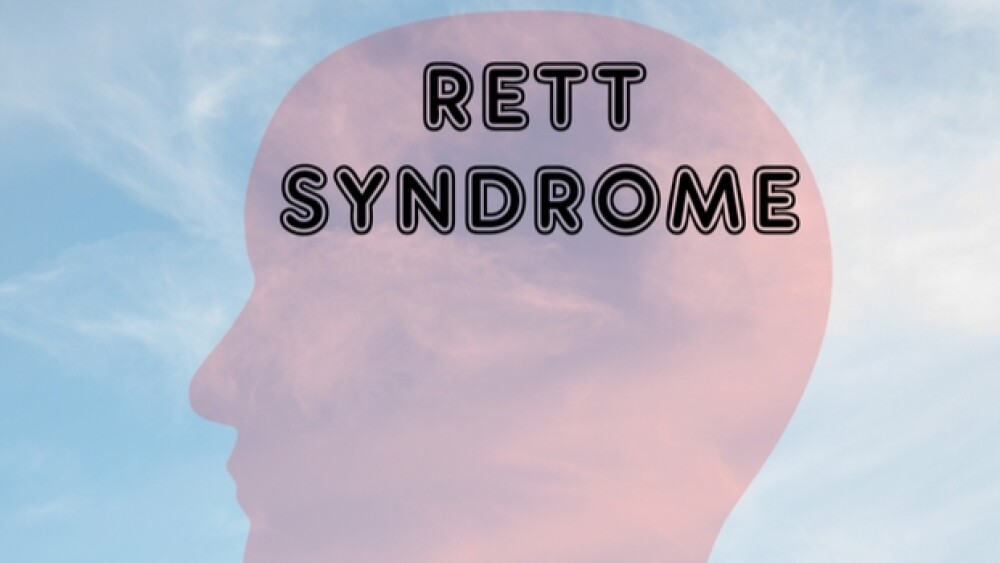The press release has been shrouded with controversy, and the company’s stock fell 16% despite the seemingly optimistic results.
On February 1, 2021, New York-based Anavex Life Sciences touted positive topline data from a Phase III AVATAR study of blarcamesione (Anavex 2-73) in adult females with Rett syndrome. The press release has been shrouded with controversy ever since, and the company’s stock fell 16% despite the seemingly optimistic results.
STAT News’s Adam Feuerstein began a series of tweets accusing the company of moving the goalposts on the study, starting with: “Anavex changed the primary and secondary endpoints of this Rett study on Jan. 18, allowing it to claim success when the drug most likely failed. This press release is entirely misleading.”
BioSpace contacted Anavex for a response. Andrew Barwicki, representing the company’s Investor Relations, provided the following statement: “RSBQ-AUC had been a pre-specified analysis from the beginning of the AVATAR study. The primary endpoint change was implemented before the database lock in the study, simultaneously also changing the study from a Phase II to a Phase III study incorporating guidance from the FDA. However, the administrative update on the clinicaltrials.gov website was not made on a timely basis by the CRO, leaving the inaccurate impression of a late change — which was factually not the case. We advise that Clincialtrials.gov website should not be relied upon — only direct communication from the company.”
Now some background. Rett syndrome is a rare neurological disorder primarily affecting girls. It results in severe problems with talking, walking, eating and potentially breathing. Severity varies, but it is not degenerative, and people affected can live to middle-aged or beyond.
Anavex reported that the drug demonstrated a statistically significant improvement compared to placebo for the primary efficacy endpoint as well as all secondary efficacy endpoints. The primary endpoint was RSBQ AUC (Rett Syndrome Behaviour Questionnaire). It showed a statistically significant and clinically meaningful improvement in 72.2% of patients compared to 38.5% in the placebo group. One of the secondary efficacy endpoints was ADAMS, a measure of emotional behavior symptoms.
The RSBQ is a rating scale of Rett syndrome behavior and determines patients’ neurobehavioral symptoms as they correlate to quality of life. This can include things like general mood, breathing difficulties, hand behaviors, repetitive facial movements and rocking of the body, along with others.
The secondary endpoints are also based on various ways of rating anxiety and emotional behavior. The company reported that 52.9% of patients taking the drug demonstrated improvement versus 8.3% on placebo.
What Feuerstein and other critics are pointing out is that two weeks ago, on January 18, Anavex changed the clinical trial from a Phase II to a Phase III and changed the endpoints, at least on the clinicaltrials.gov website.
Prior to the change, the company’s primary endpoint was biomarkers of plasma concentration at seven weeks as well as pharmacokinetic activity. In the shift, the biomarkers became secondary endpoints, and the behavioral evaluations became the primary endpoint.
In the press release, the company did not report on the laboratory biomarker measurements. However, the presentation did, noting that, “AVATAR efficacy endpoints demonstrated statistically significant and clinically meaningful reduction in Rett syndrome symptoms with related changes in potential biomarkers of disease pathology.”
Specifically, GABA was significantly increased and Gliotoxin L-alpha-aminoadipic acid (L-AAA) was significantly decreased.
The data presentation also indicated that an analysis of weekly seizure counts found that relative to placebo, the drug was linked to a 50.7% reduction in weekly seizure risk.
Anavex has since placed a large notice on its homepage: “IN RESPONSE TO PUBLIC COMMENTS AND FOR CLARIFICATION: The statements made by Adam Feuerstein from STAT News are false and untrue.” They also provided a link to a detailed presentation on the Phase III AVATAR study.
In an interview with Investor’s Business Daily, Anavex’s chief executive officer, Christopher Missling, called the controversy “an inaccurate impression.” He points out that the changes to the study were implemented in December 2021 and the website was only updated on January 18, 2022.
“The administrative updates on the website were not made on a timely basis by the CRO (clinical research organization), leaving the inaccurate impression of a late change, which was actually not the case,” Missling said.
He also said that the decision to select the RSBQ and the Anxiety, Depression and Mood Scale was made in December after all patients were enrolled but before the company had data on how the drug had performed.
“The misunderstanding was the information of the upgrade of the trial was done to this website at a late stage, giving the wrong impression that (the changes were) done at a late time,” Missling said.
Anavex’s decision to update the trial to Phase III was based on data from earlier trials, and that the new measures chosen provided a better idea of the drug’s benefit. In early January, at the JP Morgan Healthcare Conference, Anavex had described the trial as “pivotal,” a term typically used in the industry to describe a Phase III trial.





